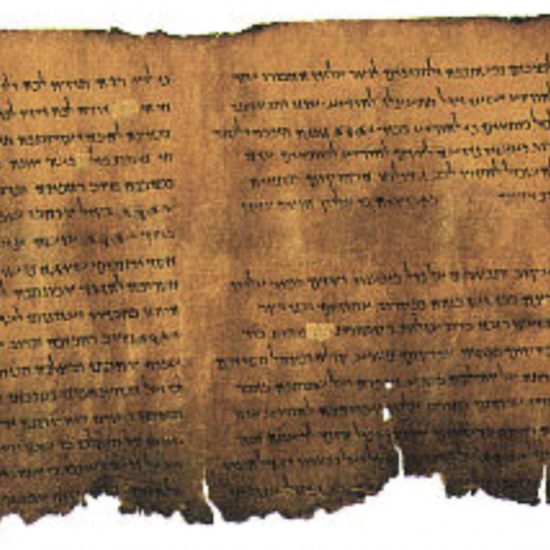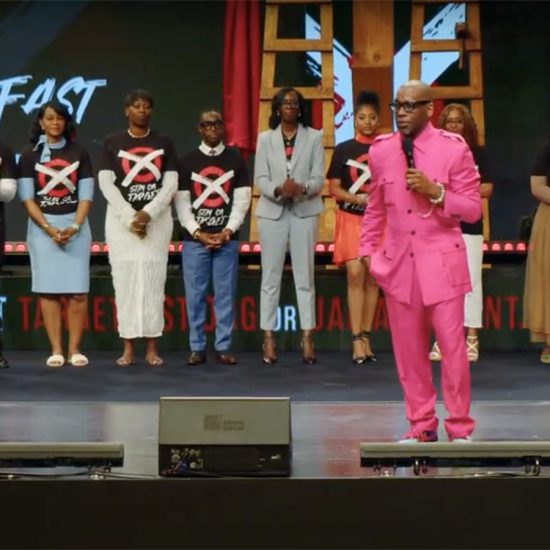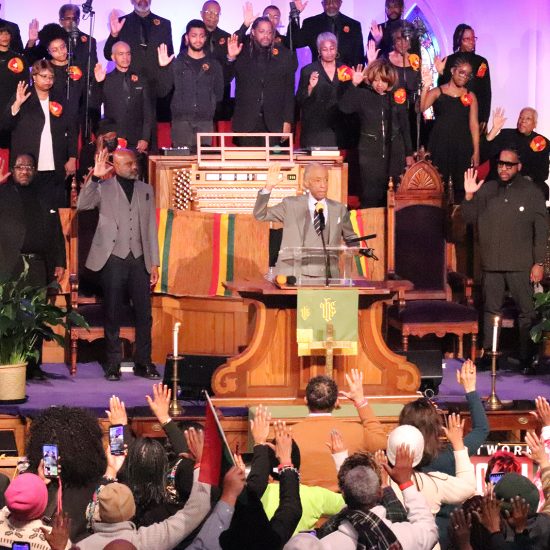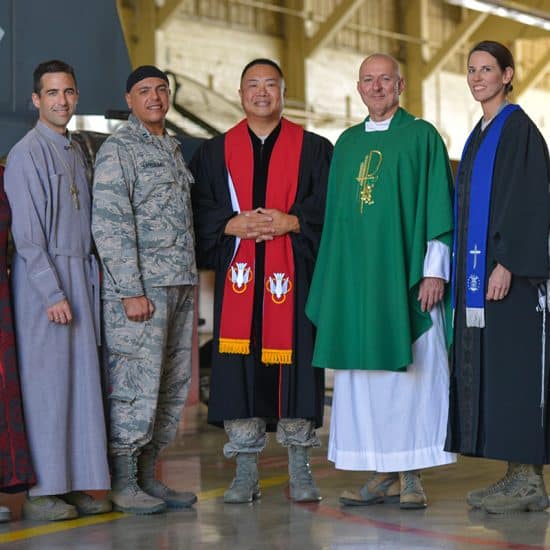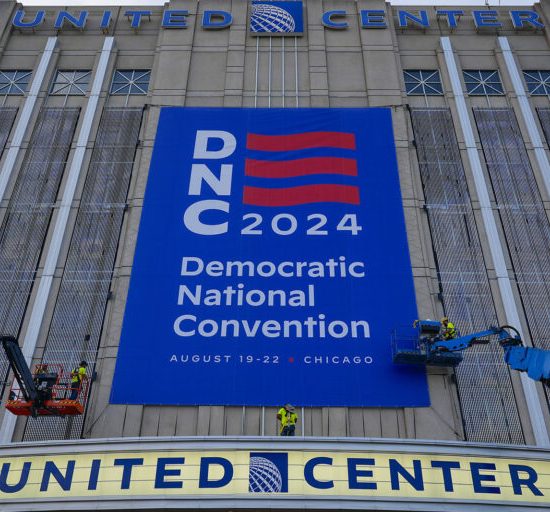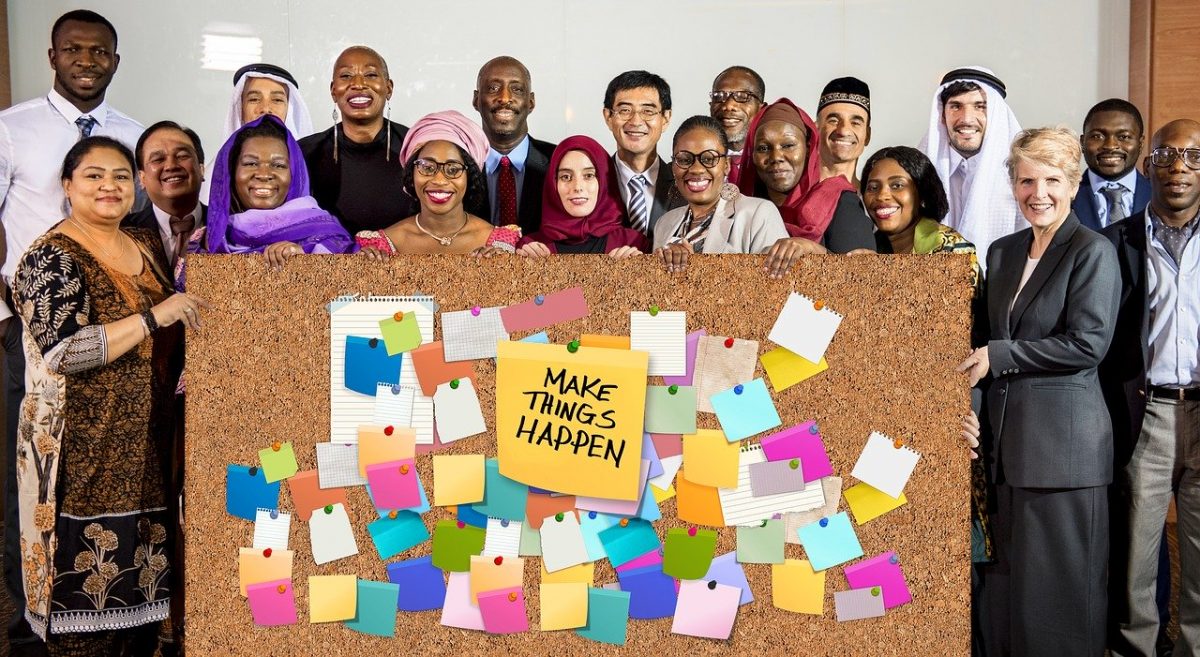
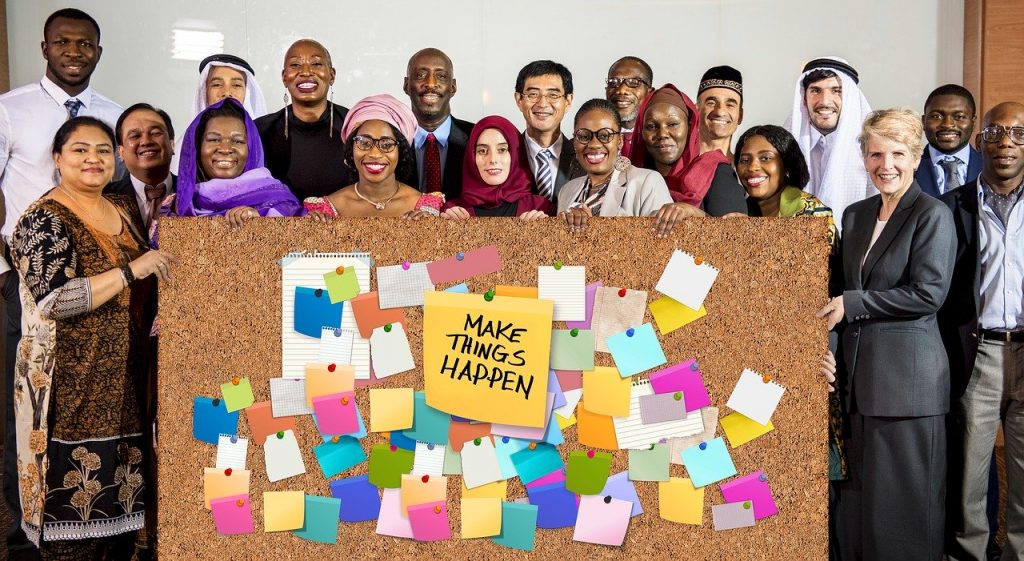
Image by Gerd Altmann from Pixabay
(RNS) — Pluralism, the presence of socially or politically meaningful diversity in a society, is a defining feature of 21st-century American life. It is the source of great tensions that ripple through our society and our politics. How to contend with diversity is one of the great questions of our day for political leaders, religious leaders and the American people.
In a new report we co-authored for The Trinity Forum, with support from Democracy Fund, titled “Christianity, Pluralism and Public Life in the United States: Insights from Christian Leaders,” a diverse group of Catholic, Protestant and Orthodox Christian clergy, institutional directors and thought leaders told us about their faith’s place in the public square and how they see Christianity portrayed in a polarized environment that thrives on toxic conflict.
Too many influential people believe and tell the story that either a diverse America is a threat to Christianity, or that Christianity is a threat to a diverse America.
But in more than 50 in-depth interviews with Christian leaders, we heard different stories that are worth telling. They pointed out that Christians are quietly working in myriad ways to improve their communities, making positive contributions to public life that often go underreported. The Rev. Michael Curry, presiding bishop of the Episcopal Church, talked about Christian “hospitals and schools and universities and other human service institutions … (that) provided human service delivery that was a living out of the ethical and moral teachings of their faith.”
Christianity’s long history of service, hospitality and compassion in communities around the country rests in the Christian’s foundational belief in the dignity of the human person and the call to love one’s neighbor and even one’s enemies. Duke Kwon, pastor of Grace Church in Washington, D.C., told us that “Christians, more than anyone, should be willing to vote for or labor towards interests that might actually come at the cost of their own,” calling that “the basic cruciformity of life — bearing the cross and loving others, even at the cost of ourselves.”
In this sense, the Christian tradition provides some of the ideas that are key to our common public life. This includes the pluralism that is the basis of American democracy.
A common theme in our discussions with Christian leaders was the idea that a strongly rooted faith can and does support a healthy pluralism. Christians, who often disagree about politics and theology, must constantly navigate difference among themselves. If Christians see their faith as a set of character-shaping practices, rather than a marker of tribal identity, their faith can be a source of resilience when facing difference in broader society as well.
Pluralism can in turn strengthen one’s faith, creating “the opportunity to see and understand your faith in ways that we can’t otherwise,” in the words of Mark Labberton, president of Fuller Theological Seminary. While Christians are sometimes seen as rejecting interfaith environments for fear they will have to compromise their own beliefs, Sister Simone Campbell, executive director of the social justice organization NETWORK, said, “I’ve found it totally enriching.
“It’s more about spiritual maturity than it is about doctrine,” Campbell added. “And that spiritual maturity then is not a threat for my own faith. It’s opening. It’s interesting.”
This responsibility for living up to and out of their faith lies with Christians themselves, of course. But public leaders, particularly those in media, politics, academia, business and other areas of cultural importance, also have a responsibility to demonstrate with their words and actions that Christianity and pluralism need not be at odds. They can tell a better story, too, and ensure everyone knows they have a place in America’s future.
The story we tell ourselves as a nation about Christianity is crucial not for Christians alone. If we tell Christians that Christianity is an obstacle to America’s emerging future, we can only expect resistance from a group that makes up 70% of the United States.


